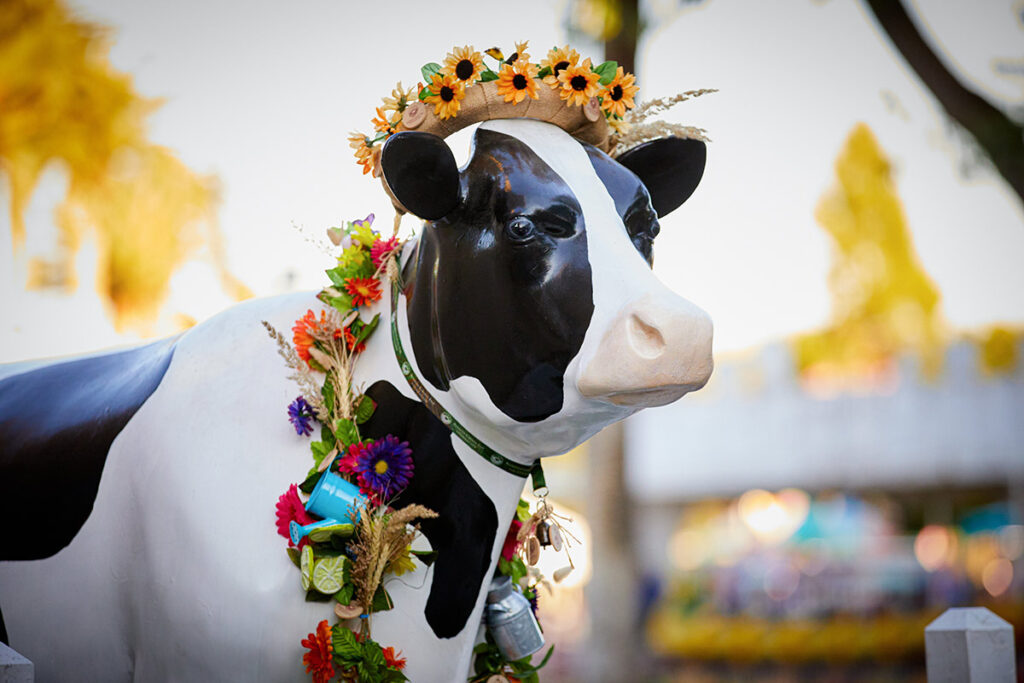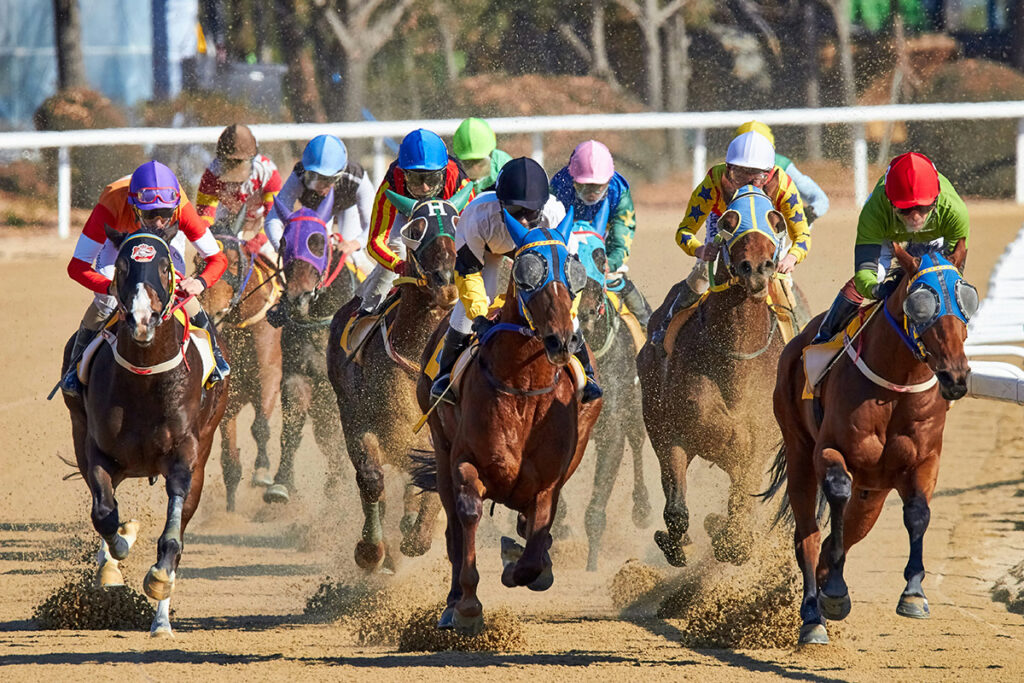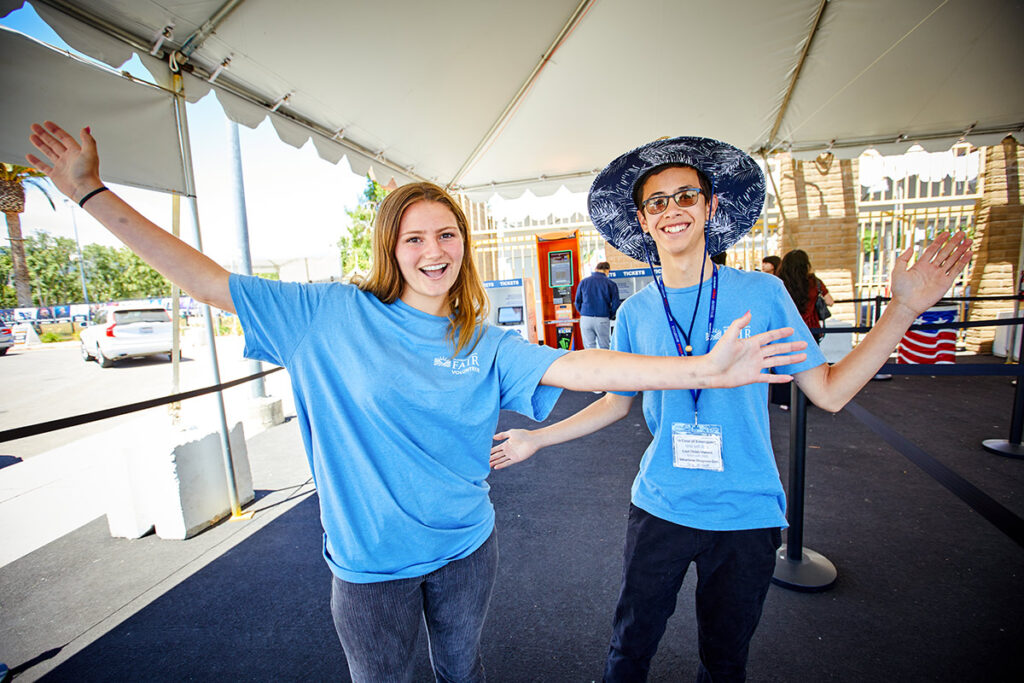Independence Day marks the start of the last week of live racing at the Alameda County Fair in Pleasanton. You won’t see thoroughbreds or any other breed zipping across our one-mile dirt oval until they resume training in May of 2020, so if you want to catch some live racing in the Stella Artois Grandstand, the time is now.
Why, you ask?
Well, for starters, if you like to gamble, horse racing offers the only form of gambling that doesn’t have a ‘house’ with a vested interest in seeing you lose. If you have ever been to Las Vegas, you’ve probably realized the lavish hotels, awe-inspiring sportsbooks and buzzing casino floors weren’t built by winning bettors. They were built by losers lost in a vast, elaborate illusion of winning.
In horse racing, the game is supported by what is dubbed “pari-mutuel” wagering. It’s a French word, meaning “among ourselves.” In horse racing, all the money wagered goes into a pool. A cut averaging about 20% is removed to pay for purses – the money won by the horse owners, trainers and jockey – and the rest is retained by racetrack to pay its expenses and, hopefully, turn a small profit.
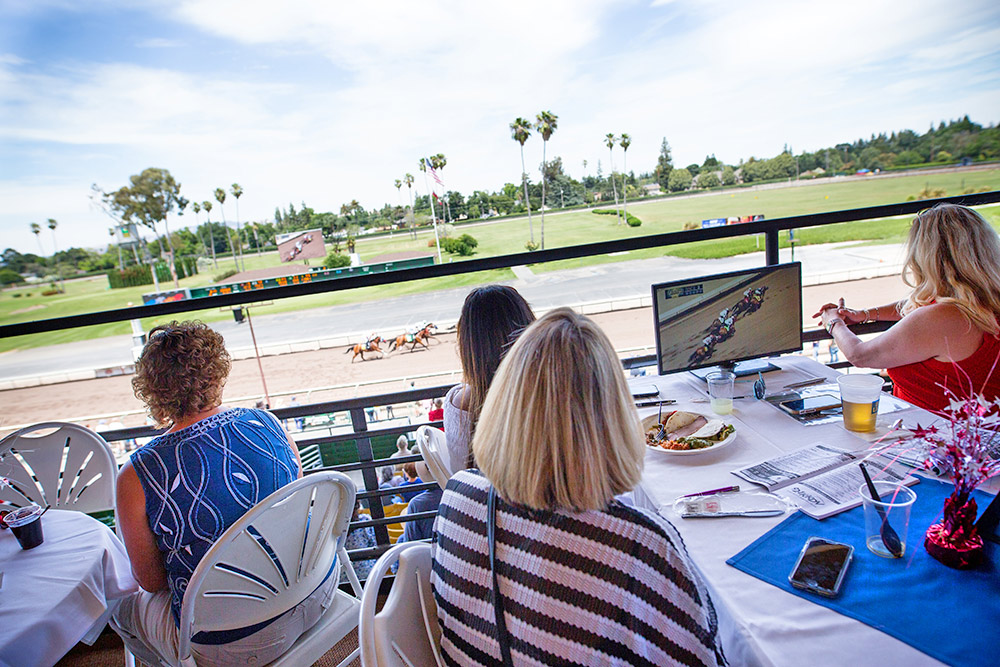
The rest is divided among the bettors with winning tickets.
The advantage you get with pari-mutuel wagering is that the odds you receive on the horses are determined by the betting public, not some house looking for a profitable edge. Favorites win when the public is right. Longshots win when the public is wrong.
Our challenge as horse bettors is to find those times when we think the public is wrong, and take advantage of “overlays” or times when the odds we’re receiving on certain horses are better (or higher) than what we think are their chances of winning.
For example, if you think a horse has a 33% chance of winning a race, fair odds on that horse would be 2-to-1. However, if the same horse is walking into the gate at 3-to-1 odds or higher, this would be a very good bet – an overlay.
For Win betting, the game is as simple as that.
If you are a new to racing and want a cheat sheet for picking winners, pick up a copy of Dennis Miller’s tip sheet while you’re buying a race program. You’ll get his top three selections and best bets of the day.
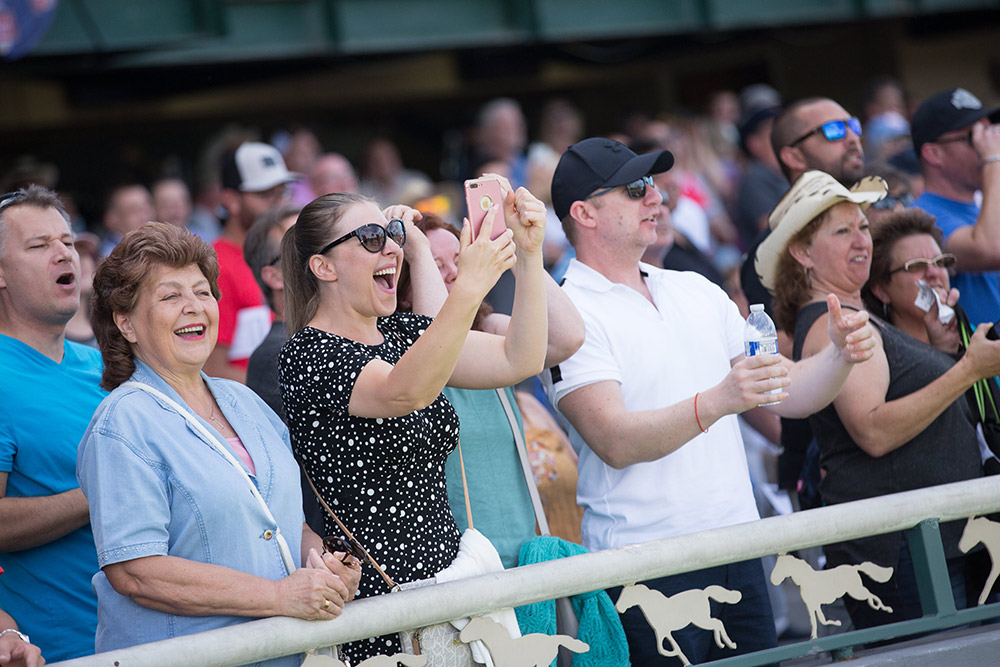
Your racing program will also have some useful information, most obviously, the betting numbers you will need to call out to the teller. However, you’ll often get the jockey and trainer standings, which can also put you on a winning horse. The meet’s leading riders – guys like William Antongeorgi III, J.J. Hernandez and Irving Orozco – get placed on many of the best horses by their agents, who handicap the races to put their riders in the best position to win.
Also be sure to take a look at the horses in the paddock, the area to the left of the grandstand where the horses are saddled, to get an idea of how they’re looking and acting before a race. Once the horses are on the track, I like to see mine bouncing, on their toes, and alert with their ears pricked. This tells me they’re ready to go.
Last but not least, be sure to come out early enough to catch the races. We start at 1:45pm and the last race each day – except Saturday when we’ll have 11 races – will be the ninth at approximately 5:55pm.
Almost every day I work the grandstand someone will come up to me an hour after racing has ended and ask, “when’s the last race?”
Don’t be that guy this week because your next chance to bet the horses in Pleasanton might be next year.
